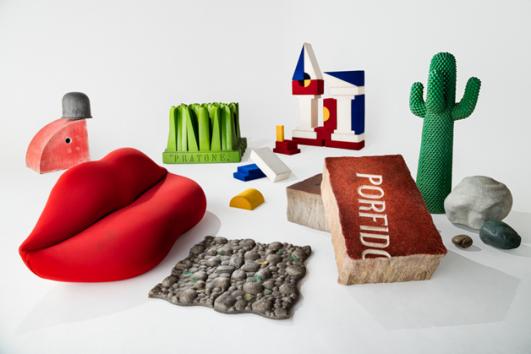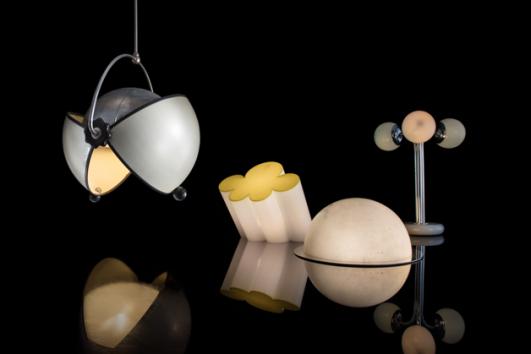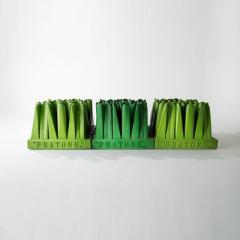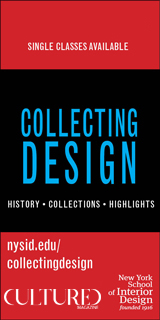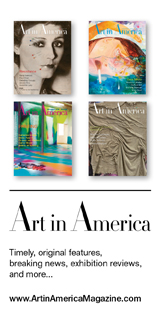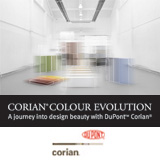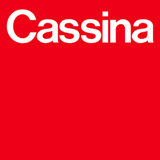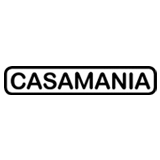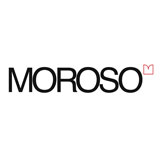SuperDesign, a survey of Italian Radical Design from 1965-1975 at R & Company
7 November '17 - 4 January '18
R & Company presents SuperDesign, a survey of Italian Radical Design from 1965-1975, curated by freelance journalist and independent design curator Maria Cristina Didero. The exhibition has been over a decade in the making and has come together through extensive research, passionate collecting and frequent trips to Italy to interview protagonists of the movement. The comprehensive survey highlights these leading gures and showcases a capsule collection of visionary works, alongside a selection of rare archival drawings and photography. The exhibition will be accompanied by an extensive book published by The Monacelli Press, written by Didero, with an introduction by R & Company principal Evan Snyderman and contributions from Deyan Sudjic and Catharine Rossi, as well as a feature length (62 minute) documentary directed by Francesca Molteni which presents interviews with pioneering designers and rare never- before-seen archival footage.
SuperDesign is on view November 7 – January 4 2017. An opening reception will be held November 7 from 6:00pm until 8:00pm.
Italian Radical Design started in the 1960’s as a response to the tumultuous political climate in Italy when social tensions between the extreme right and left wing parties were at a peak. The movement sparked when progressive groups congregated together to express their political ideologies. The radicals hit the streets with demonstrations, generated manifestos and designed works with symbolic imagery that referenced both current politics and pop culture. Didero writes in her introduction essay, “Creativity—in all its manifestations—was deeply influenced by this demand for regeneration. Those active in fields such as art and architecture sought to overcome the boundaries of their disciplines and often joined forces to question the status quo with the aim of subverting the social, political, and visual culture of their time.”
Spanning both the upper and lower levels of R & Company gallery, SuperDesign brings together a selection of the most expressive pieces of furniture, objects and drawings to reveal the compelling story behind this ambitious movement. On view are iconic works by pioneering radical group Superstudio; Studio 65’s striking Bocca, a lip shaped sofa made in red stretched upholstery over foam; and Guido Drocco and Franco Mello’s Cactus, a coat rack shaped like a cactus made in foam. At first glance these designs appear playful, with their bright colors and bold use of pop imagery, but these evocative works were extremely progressive for their time, usually hiding different meanings.
Also featured is a selection of work by Lapo Binazzi, who recently had his first comprehensive solo exhibition at R & Company and is one of the few radicals still making work today out of his longstanding studio in Florence. SuperDesign presents one of Binazzi’s most critical works, Doric Temple, a group of columns made out of polyurethane foam, a material frequently used by the radicals and notoriously difficult to preserve. This piece was originally created for a performance at the Salone de Mobile in 1971 which invited visitors to knock down the individual columns and use them as seating. Another influential work on view is Safari Sofa a seating unit designed by Archizoom Associati, made out of plastic and leopard-patterned fur, this seductive piece is celebrated for its dramatic proportions and irregular clover shape.
Alongside these iconic masterworks, the exhibition also presents rare ephemera rediscovered over the years and now on view at the gallery for the first time. Included are photographs of cinematic interior spaces designed by the radicals in the 60s-70s, such as nightclubs, private homes and restaurants. Both the publication and film further investigate the untold stories behind these rare works. Evan Snyderman states, “It has been a great pleasure to create the SuperDesign project, in order to explore the archives of and chronicle the anecdotes from the mouths of the “perpetrators” themselves and, in doing so, reexamine their purpose and influence while establishing the history and heroes of these often-overlooked groups.”
Italian Radical Design remains an important moment in the history of design and is increasingly relevant in our current cultural and political landscape. The progressive works created by these visionary groups continue to act as major inspiration for the contemporary artists pioneering the industry today. “The radicals created a profound and enduring change in how the world thinks about the act and outcome of design—a field of limitless possibilities.” states Snyderman. SuperDesign, started over a decade ago as a passionate process of rediscovery, is now an opportunity to expose how these visionary leaders truly shifted our perception of design.
